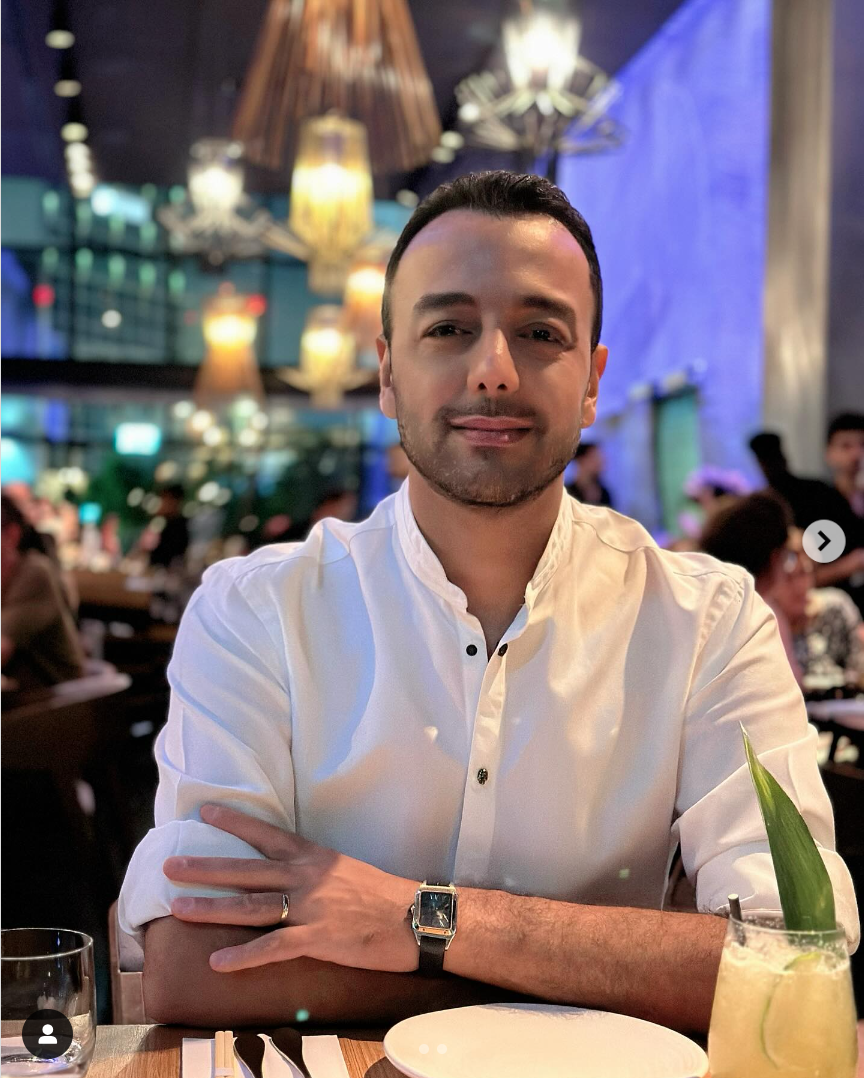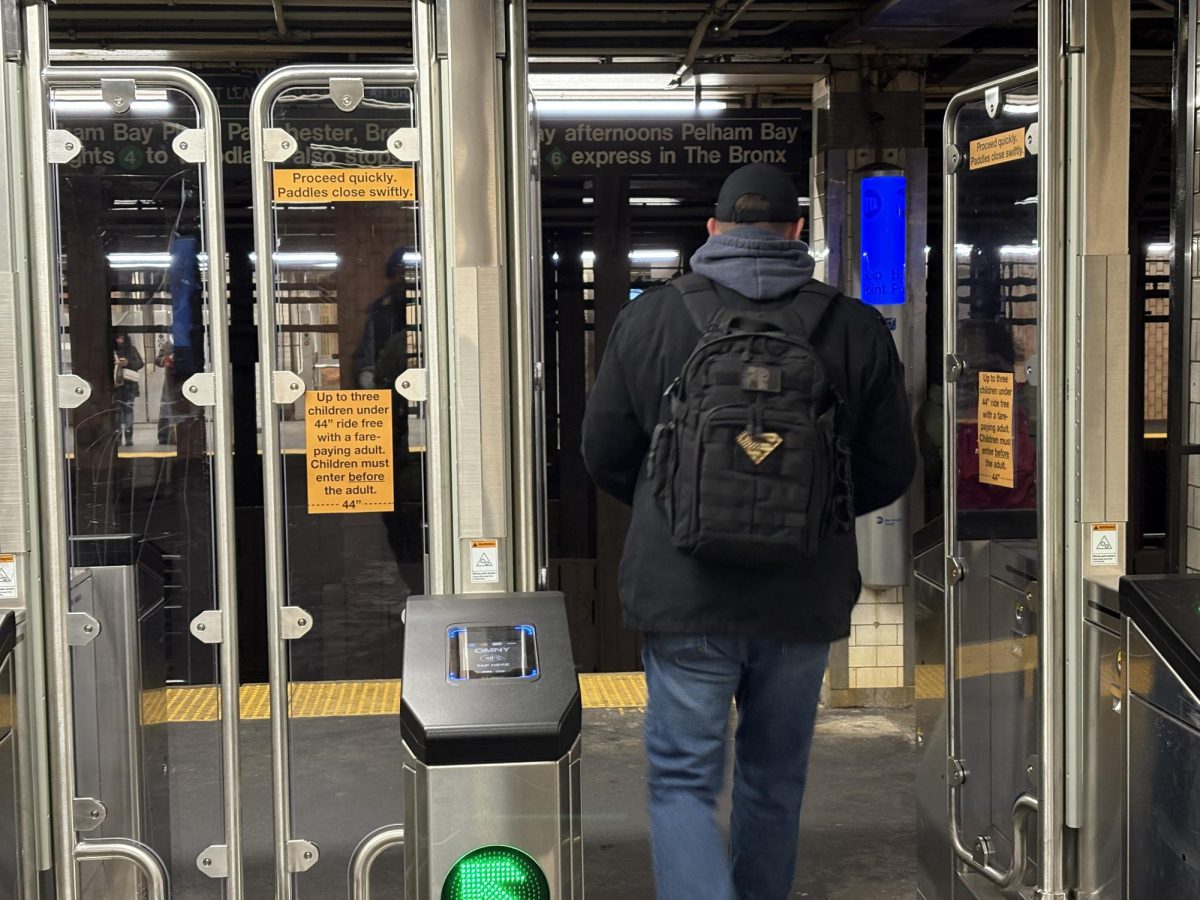Exiled Iranian journalist Pouria Zeraati, known for his work with Iran International, was attacked and stabbed outside his residence in London.
Zeraati, a prominent voice reporting on Iranian human rights violations and other issues sensitive to the Iranian government, suffered multiple stab wounds and was immediately hospitalized.
“While we are keeping an open mind, given the occupation of the victim and our publicized concerns about the threat to employees of that organization, the investigation is being led by the Counter Terrorism Command,” Dominic Murphy, the unit head of the Met’s Counter Terrorism Command said.
The attackers fled the scene by car and have yet to be apprehended, and although authorities have not confirmed a motive for the attack, the incident has raised growing concerns about the safety of journalists and critics of the Iranian regime living abroad.
In an interview with The Sunday Times, Zeraati said, “If the attack was meant to silence or deter me, it won’t work.” After a brief recovery, he returned to work insisting, “The show must go on.”
In response to the suspicions of involvement, the Iranian government denied such accusations and dismissed any link between the authority and the stabbing attack.
“We deny any connection to this story or this so-called journalist,” Mehdi Hosseini Matin, former charge d’affaires of Iran, to the U.K. in a statement posted on X.
Zeraati is not the only Iranian journalist to be targeted. A broader campaign of transnational repression seems to be unfolding, with assassination plots targeting journalists like Sima Sabet and Fardad Farahzad, both anchors at Iran International, recently foiled.
Since 2022, several Iranian journalists, including Zeraati, have appeared on “wanted, dead or alive” posters circulating online, heightening concerns about their safety.
Despite Iran’s denial of targeting journalists, the regime has labeled several overseas organizations reporting on sensitive domestic matters, including Iran International, as terrorist organizations.
Iranian authorities have stated that individuals affiliated with these outlets will be pursued by the Ministry of Intelligence. “There will unfortunately be an increase in hostile states trying to silence those who speak out against them,” Alicia Kearns, former chairwoman of the Foreign Affairs Committee warned, criticizing the police for failing to apprehend the attackers before they escaped the country.
In recent years, there has been growing evidence that Iran has used criminal proxies to carry out acts of transnational repression and commissioned plots against critics, enabling the regime to deny responsibility for such violence.
Other nations, including Russia and India, have reportedly adopted similar strategies to silence dissidents. The assassination of Hardeep Singh Nijjar in Canada in 2023 is one recent example.








